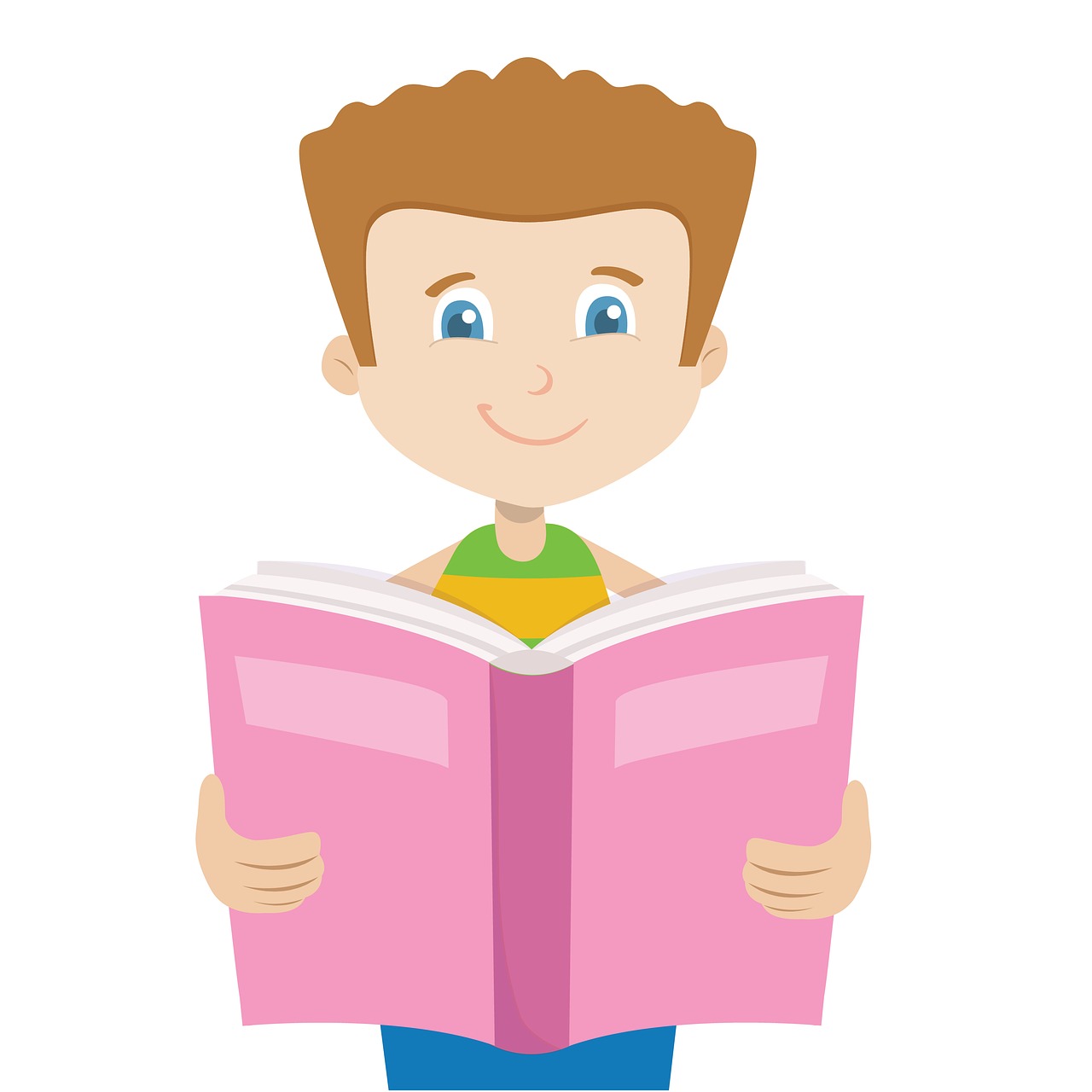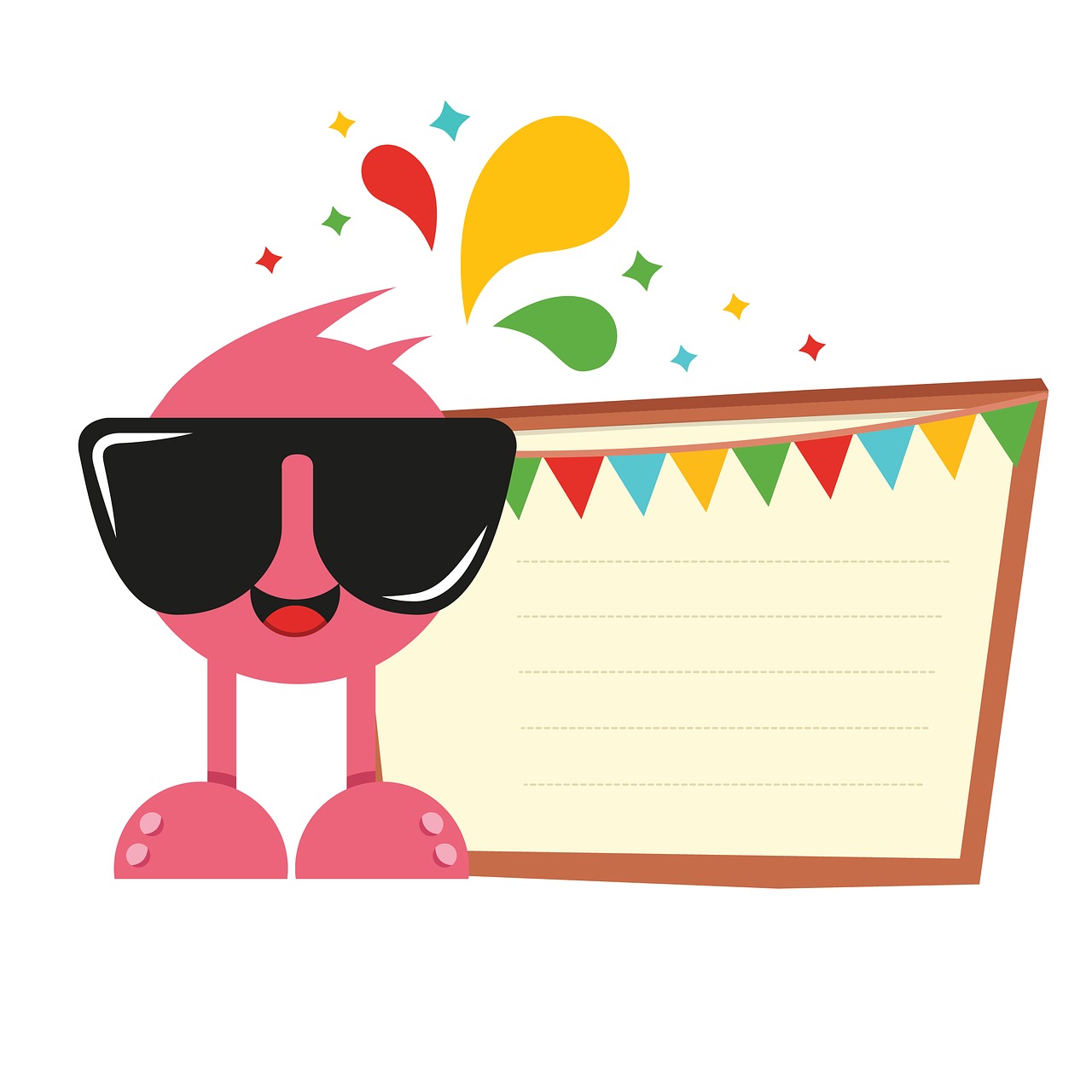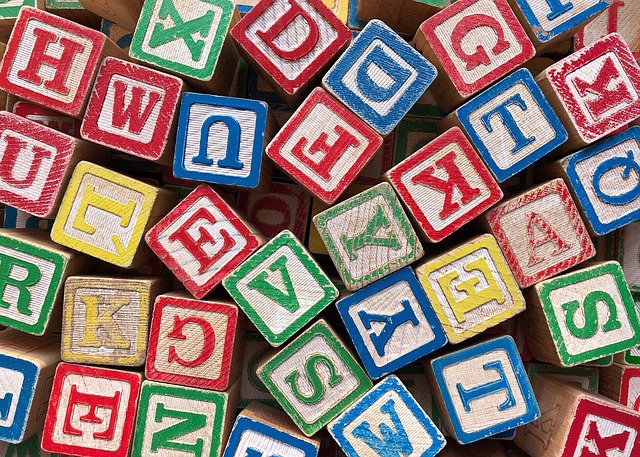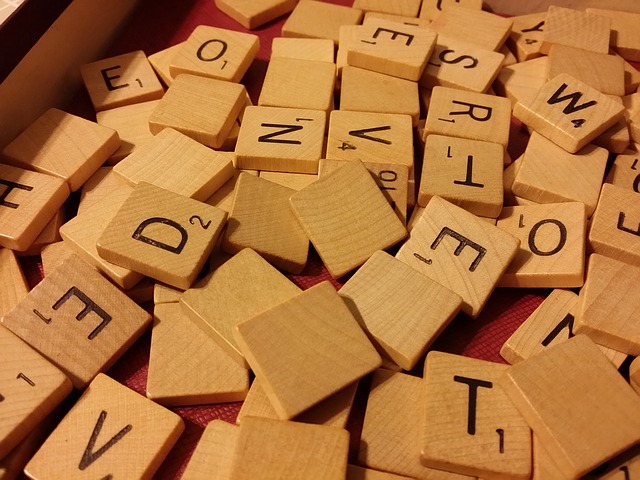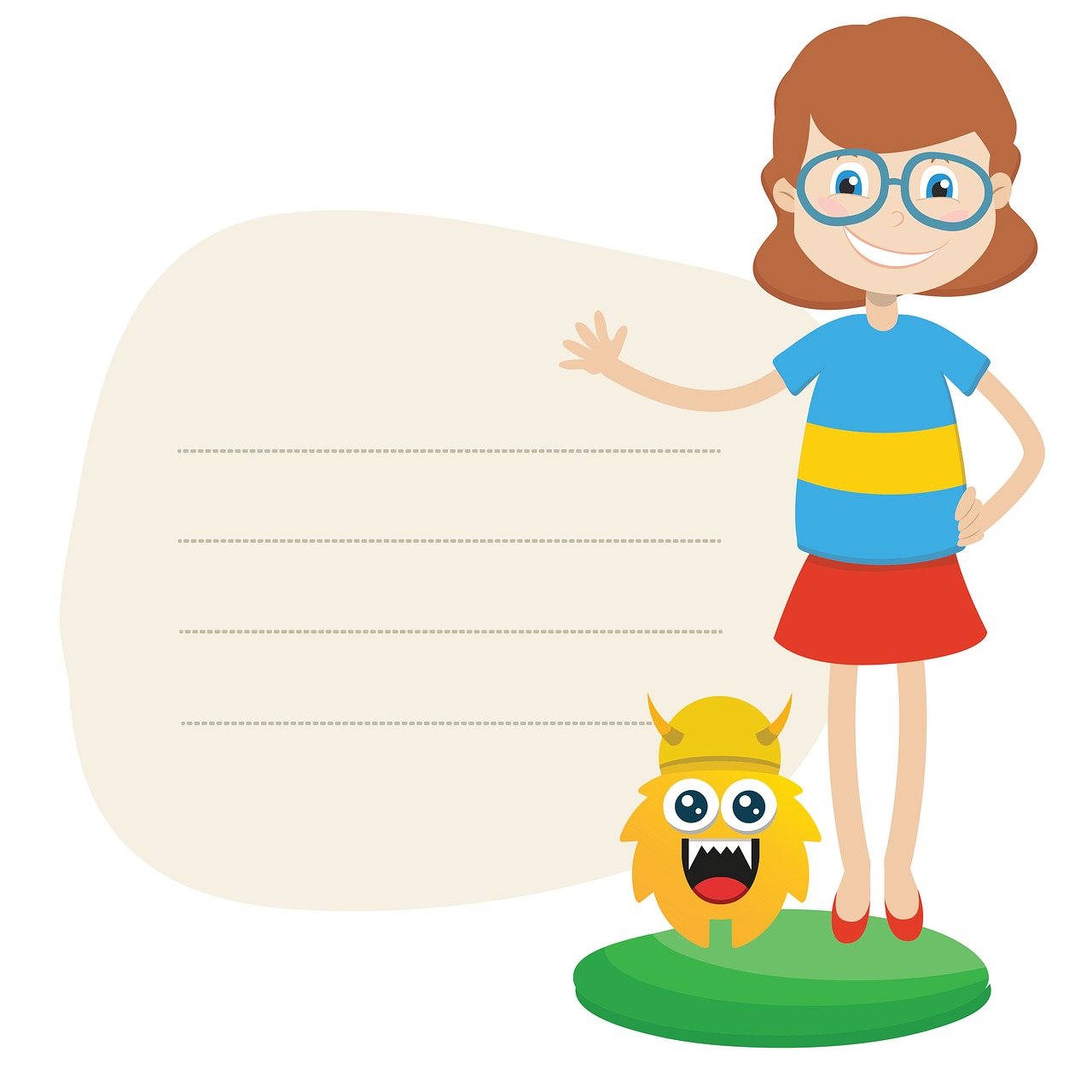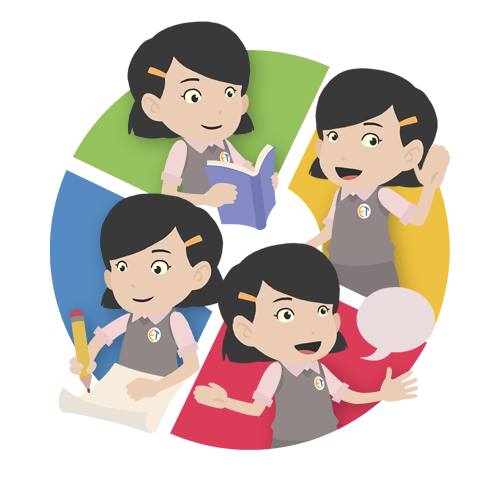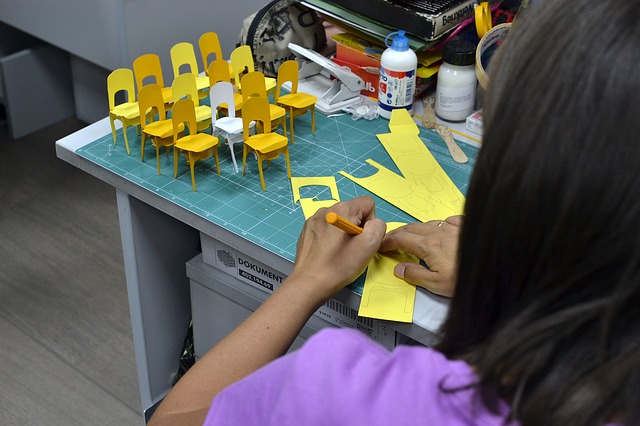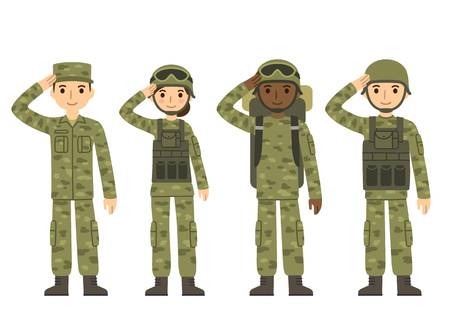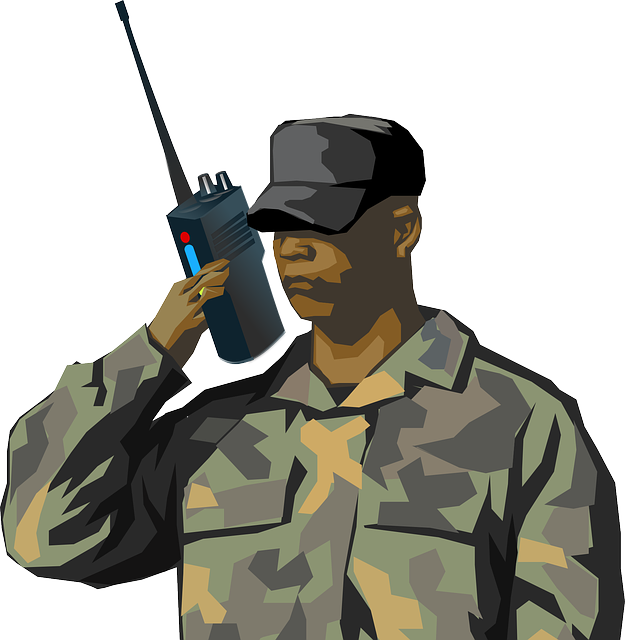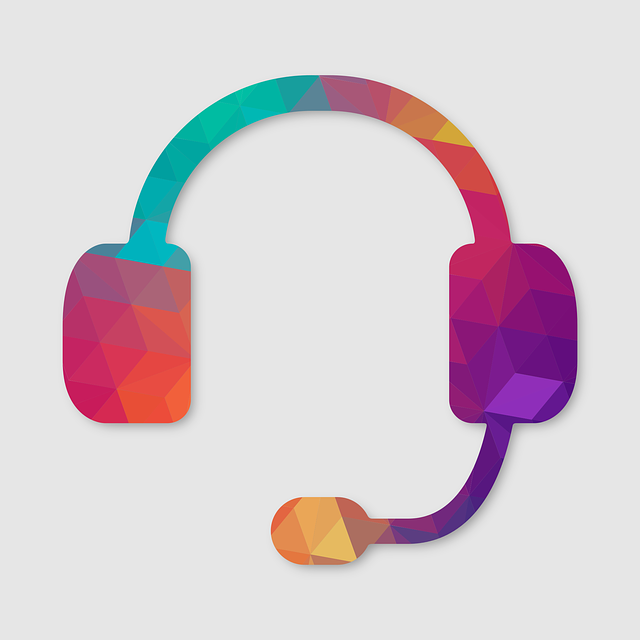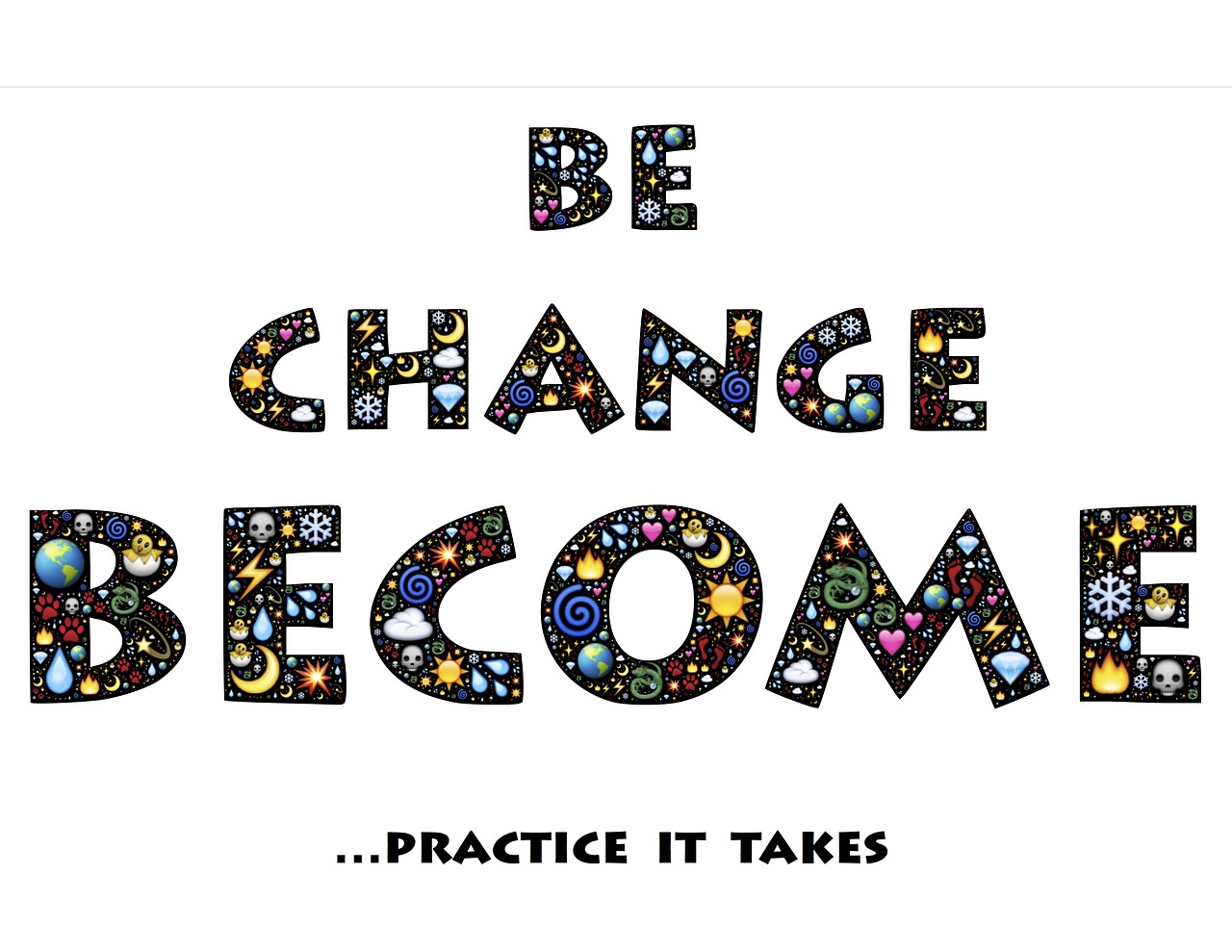How to spell words is one of the basic problems that most students struggle with!
Most of the students do not see a problem when it comes to the pronunciation of words. Actually, they can easily tell you even of the most difficult vocabulary.
However, the problems come in when it comes to the spelling of those words.
Most of the students find it a challenge pronouncing certain words in English. This issue impacts their learning as they are not able to learn faster the content of their studies and therefore to waste more time.
Students who learn how to spell words correctly, most of the time find learning easy, and they catch up with things faster.
Wastage of time to learn the spelling of hard words do cost most students a great deal. However, there are some of the kids who are leading thinkers but slow in spelling.
The History of English Spelling Words
The spelling of words is the ability to state the letters that constitute a particular word. The writing came up in the 7th century, and they used the Roman alphabets, later on, St Augustine brought church Latin.
Since then spelling and language have been changing over time. Since then people tried really hard to spell words without mistakes.

The spelling system used currently dates back to 1400 where a poet by the name Chaucer pioneered it. The history of spelling in English examines the stages of the levels that it has gone through to where it is today.
What Makes Spelling so Difficult for Some Kids?
It takes them much energy and time, and this can result in low self-esteem for learners. They are often too afraid of spelling tests.
Complex Pronunciation
Most of the English words that bring spelling challenges to students are words that contain phonemes that use less graphene mapping.
Some of the factors that determine the difficulty in pronunciation of certain words include lower frequency words.
When you come across a nutshell every day, you get used to it. You can quickly master its spelling, but there are those specific words that are rarely used in our conversation. Therefore getting to know the spelling becomes a challenge.
Words Originating from Different Language
Another factor is the name origin. The English language has the tendency to allow foreign words into it.

The foreign words are usually hard to spell because it has a different source and therefore even the pronunciation is different.
Silent Letters are Silent Killers!
Words with silent letters also bring a challenge when it comes to spelling.
How do you know how to spell a word?
You know how to spell a word by first pronouncing the word, then from there is when you can go deep and spell each letter.
The words that have silent letters brings difficulty when it comes to spelling them. Because the silent letter is not pronounced and therefore there is the tendency of leaving the note behind.
Longer Words are Always a Problem
Some of the words are long, very long!
Therefore they contain more characters. So when it comes to their pronunciation, an individual has to spell a long sequence of letters and it is through this that chances of making an error high.
It is not difficult to master how to spell a word that is short because one can quickly learn the letters.
Not Everyone Learns at a Constant Pace
Individual differences may also contribute to how one spells a word.
Some people do not find any difficulty in pronouncing certain words because they encounter it in their day to day studies.
But there are those that find it difficult because their education does not contain such terms and therefore it comes as a new word to them.
Tips to Master Spell Words
There are several tips on mastering how to spell words easily in English. You can visit lifehack to get more tips.
Identify the Words You Often Misspell
One is by creating your challenge in the construction of sentences and writing them. Identify the words that usually challenge you when it comes to their spelling.

After that, you can sit and construct sentences using those words so that you become used to their spellings.
The practice will increase your frequency of encounter with these words, and you will be able to find their spelling easy.
Dictations Help, A Lot!
Another way in which you can quickly know how to spell a word is by use of dictation. At SpelQuiz, you can find dictation for adults, as well as, dictation for class 2.
You can assign your friend the task of dictating to you English words that you find difficult to spell as you write them.
By dictation, you will be able to gain confidence, and you will learn the spelling of the words slowly. After misspelling those words, you can always repeat them again until it becomes part of you.
Spelling Bee Mock-Ups
In schools, students can come up with a competition on how to spell words in English and those who score highly should be awarded.
Think of it as a mini Spelling Bee with your friends.
Now you can take part in Spelling Bee online too and make new friends! Check out the SBO section on SpellQuiz today! This online game help you with simple 3rd grade spelling bee words to 12th grade spelling bee words.
Two groups should be formed, and it becomes group A against group B. Then there should be a person to pose the questions to the two groups so that they compete and every right word spelled should earn the team some points.
It will be the work of the person in charge to pronounce those words to the groups, and the students should be in a position to spell the phrase.
After the exercise, the two teams should be rank and the best team awarded. Then correction has to be highlighted so that the students learn where they made mistakes.
Listening, Speaking, Spelling!
Another skill of mastering spelling of words is by spelling the phrase aloud. It would enhance the listening skill of the kids as well.
When you spell a word aloud, your ears get used to hearing the word, and therefore it ends up being part of you.

By spelling words aloud you can also be able to detect errors made. Because they will automatically not sound correct and you will realize your mistake.
A Better Reading Culture
Developing a healthy reading culture also contributes to the spelling of English words correctly.
When you develop a reading culture, you will come to many terms and vocabularies. By doing so every time you will be able to master the spelling of those words, and it will improve your grammar.
Try this vocabulary check tool tester to understand your current skill level!
Final Words
In conclusion, it is clear that there are a lot of challenges encountered in how to spell words in English. But you can overcome all these problems by mastering some skills and practicing the spelling of those words.
For more information on how you can improve your spelling, you can visit SpellQuiz.com.
